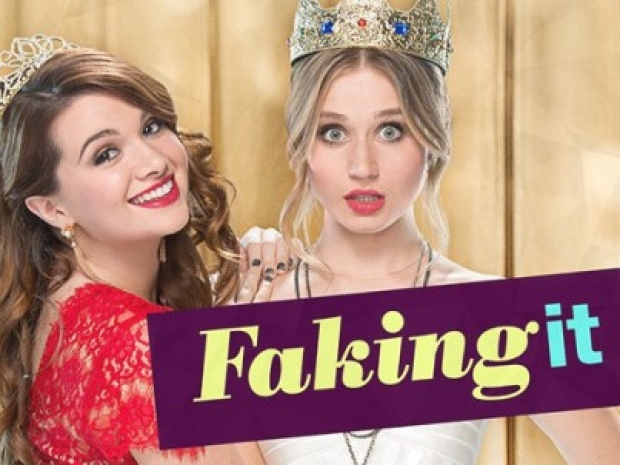For those who came in late, Impostor Syndrome was first defined in 1978 by psychologists Pauline R. Clance and Suzanne A. Imes as a feeling of "phoniness in people who believe they are not intelligent, capable or creative despite evidence of high achievement".
In 1978, the two psychologists studied 150 highly successful women who, despite degrees, scholastic honours, high scores on standardised tests and professional recognition from colleagues and respected authorities, considered themselves to be impostors.
A more recent study in 2011 published in the International Journal of Behavioral Science found that an estimated 70 percent of people experience Impostor Syndrome at one point in their lives.
Blind's user base includes 44,000 Microsoft employees, 29,000 from Amazon, 11,000 from Google, 8,000 from Uber, 7,000 from Facebook, and 6,000 from Apple.
From Aug. 27, 2018 through Sept. 5, 2018, Blind asked its users one question in a survey -- "Do you suffer from Impostor Syndrome?" A total of 10,402 users on Blind responded.
Blind found that 57.55 percent surveyed experienced Impostor Syndrome.
Seventy-two percent of Expedia employees say they experienced Impostor Syndrome, the highest among companies with at least 100 employee responses.
Expedia claims the number one spot for most employees suffering from Impostor Syndrome (72.88 percent), followed by Salesforce (66.88 percent), then Amazon (64.48 percent). Apple claims last place with 45.45 percent. Apple is only one of three companies that have less than 50 percent of employees experiencing impostor syndrome, the other two being Cisco (46.67 percent) and eBay (49.69 percent).
So the fruity cargo cult Apple scored the lowest on the test. Only 44.45 percent of Apple employees thought they were fakes with most believing they were geniuses.

